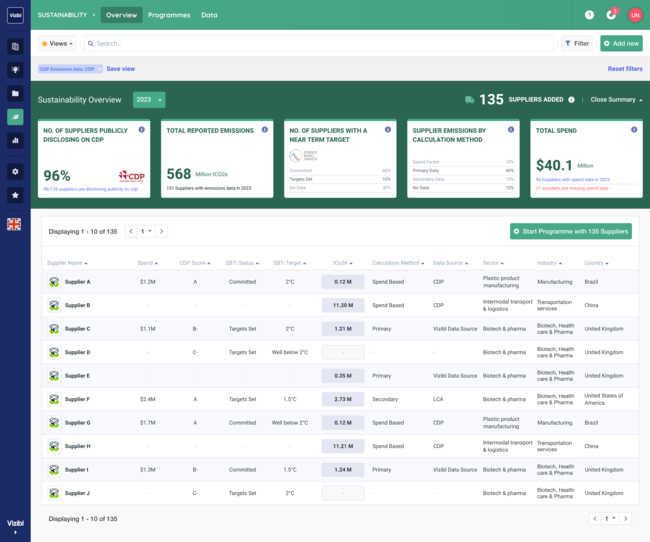Professor Dr. Dieter Euler has published a new study, commissioned by the Bertelsmann Stiftung, on how to transfer Germany’s highly successful dual vocational education system to other countries. Titled ‘Roadmap to high-quality dual VET’, the study is available in four languages – German, English, Spanish, and French – and outlines eleven components of the German model, with four stages of implementation, to facilitate reform in other countries.
The study analyses how dual education systems, which combine theoretical education and practical experience in the workplace, have been embraced internationally as a successful recipe for producing skilled personnel. Professor Euler explains that such a system cannot simply be transferred from one country to another, as the underlying educational and socioeconomic environments differ greatly.
The matrix of eleven components, each subdivided into four stages of implementation, provides ideas for reform and can be used to analyse existing reform processes. Two case studies of reforms in vocational education in Albania and Spain are included to illustrate how the matrix can be used in practise.
Commenting on the study, Professor Euler said “Change is a journey, not a blueprint”, emphasising the important factors that need to be taken into account when implementing a dual education system. He added that while dual education in German-speaking countries may serve as an example, it is not a blueprint. The study is intended to stimulate a learning process between countries engaging in reform, and to encourage collaboration between political, administrative and academic decision-makers.
The study, ‘Roadmap to high-quality dual VET’, is available in English, German, Spanish and French at www.chance-ausbildung.de/dualVET. For more information, contact Clemens Wieland at clemens.wieland@bertelsmann-stiftung.de or +49 5241 8181352.








